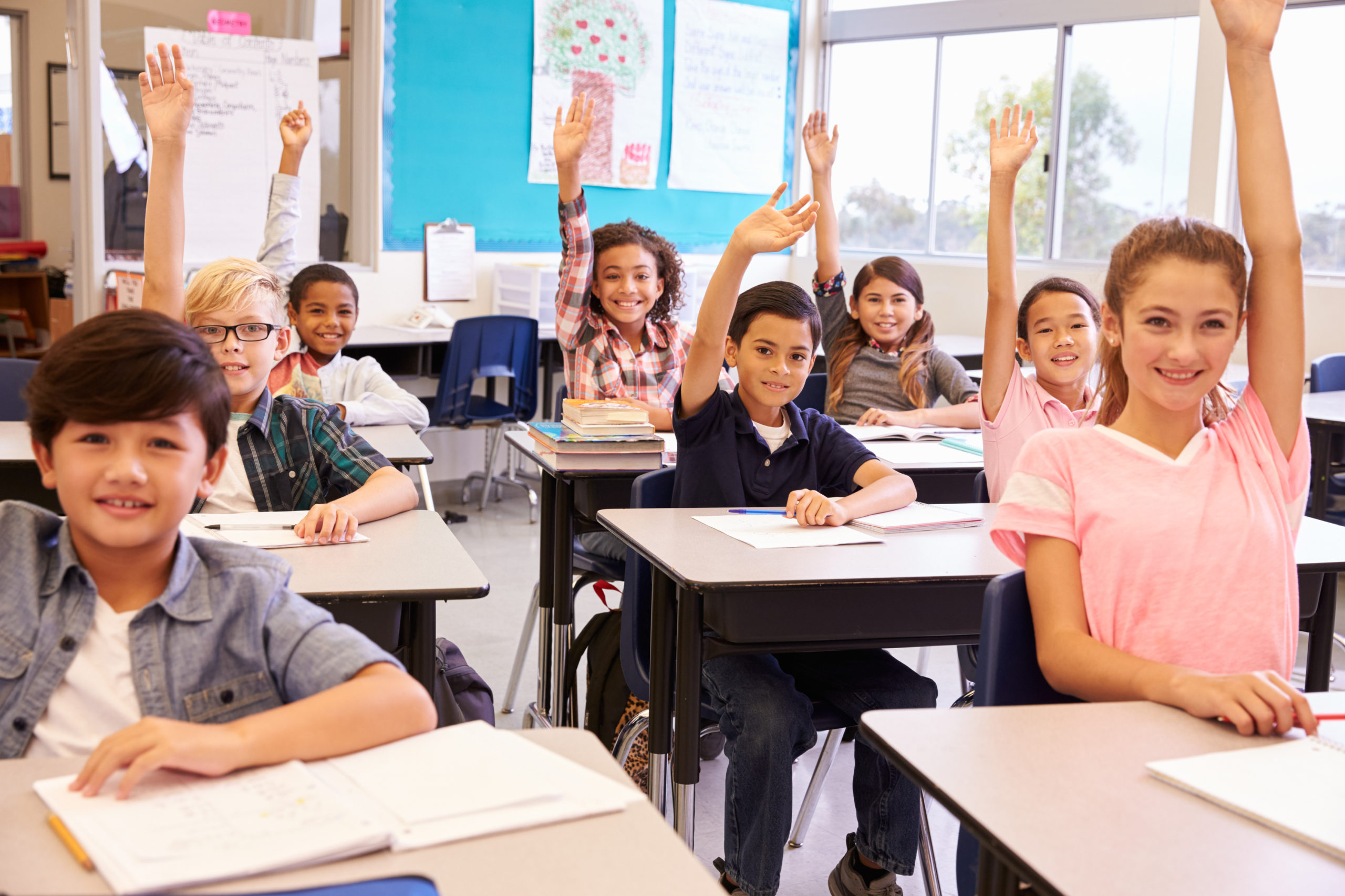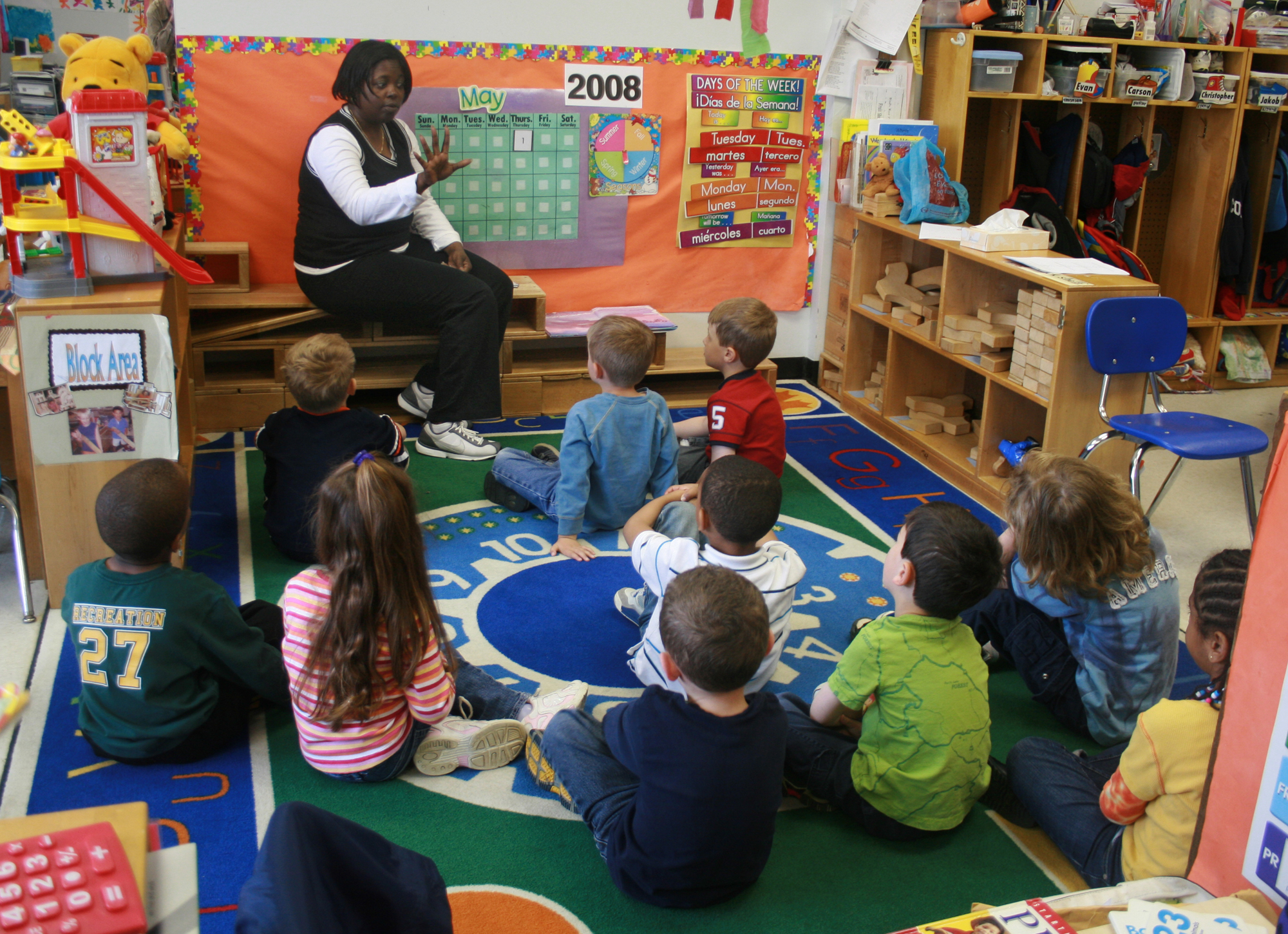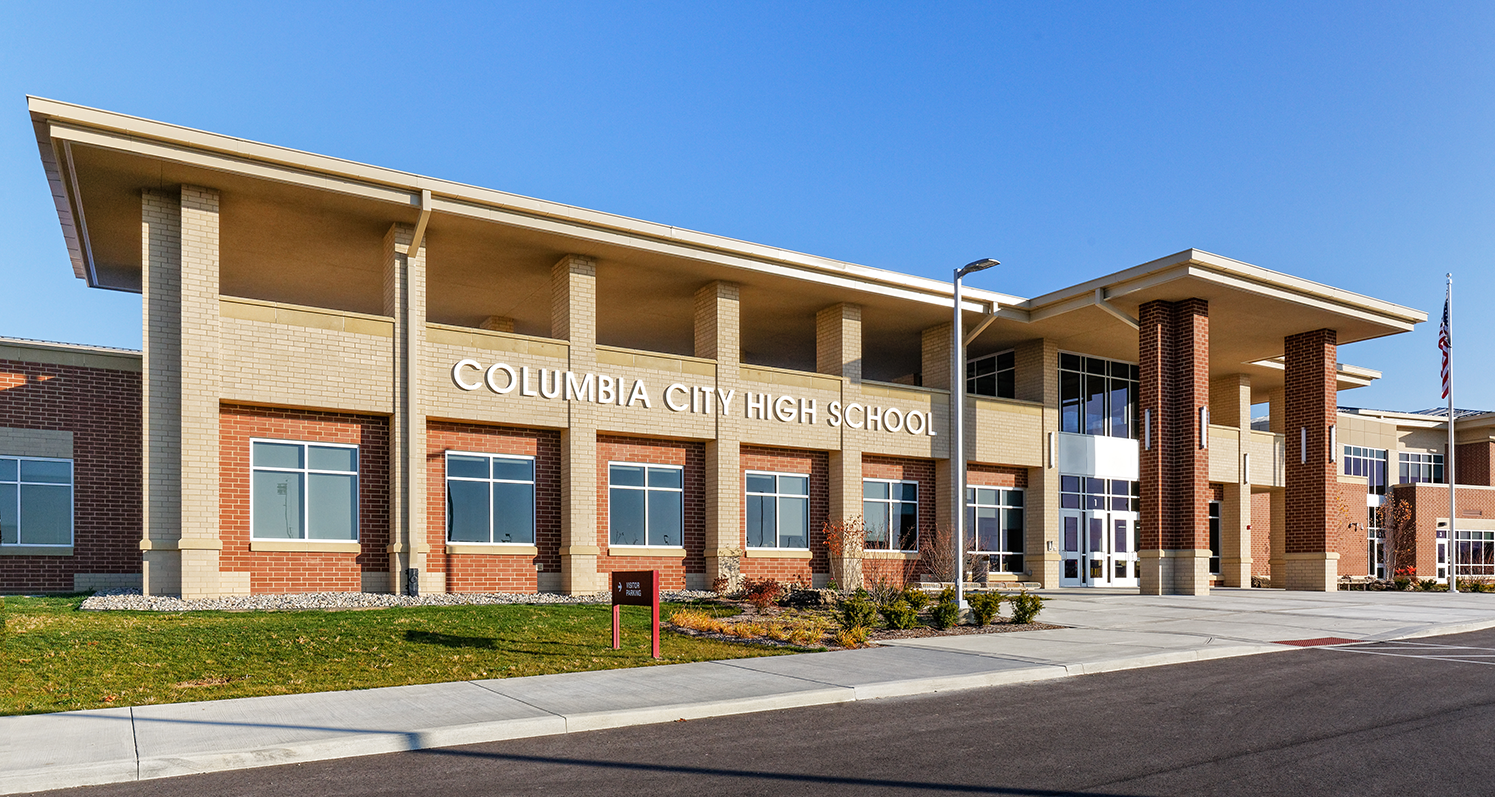Exactly How You Can Help Save Temecula Schools for Future Generations
Exactly How You Can Help Save Temecula Schools for Future Generations
Blog Article
Comprehending the Significance of Institutions in Youngster Development and Neighborhood Growth
Schools offer as pivotal organizations for kid growth and community development, giving environments where scholastic accomplishments are matched by the farming of social abilities and exposure to varied perspectives. These instructional setups not just promote important reasoning and reliable communication however additionally foster compassion through collective tasks. Moreover, schools' interaction with local neighborhoods with service-learning campaigns reinforces the bond between families and universities. This symbiotic relationship highlights the importance of schools in nurturing active citizenship and long-lasting knowing practices. What are the particular devices by which these establishments accomplish such profound effects?
Academic Success
Academic success functions as a cornerstone of youngster development, giving the structure whereupon future understanding and success are developed. Schools play a pivotal function in cultivating this academic growth, using organized environments where youngsters can obtain important understanding and cognitive skills. Standard curricula make sure that students gain effectiveness in core subjects such as maths, scientific research, and language arts, which are crucial for both college and specialist chances.
In addition to presenting essential academic skills, colleges also grow important thinking, analytic capacities, and intellectual curiosity. These cognitive expertises are important for navigating complex real-world circumstances and adjusting to the ever-evolving demands of the modern-day workplace. Educators, as facilitators of learning, utilize diverse pedagogical methods to deal with different knowing styles, consequently maximizing individual student capacity.
In addition, academic success is very closely linked to self-confidence and inspiration. Children that experience scholastic achievements are a lot more likely to establish a favorable self-concept and a lifelong passion for discovering. Institutions likewise supply numerous sources, such as collections and technology, which even more boost the instructional experience and prepare pupils for a highly advanced society.
Social Ability Growth
Beyond scholastic success, the role of colleges in social ability growth is essential. Schools function as a primary location for kids to discover and exercise essential social abilities such as dispute, teamwork, and interaction resolution. In the structured atmosphere of a classroom, trainees engage with peers, instructors, and various other college staff, using many opportunities to create these essential capabilities.
Effective social ability development in institutions is promoted through team tasks, collective tasks, and extracurricular programs. These interactions help pupils recognize social standards, construct empathy, and cultivate a sense of community. Group jobs teach trainees how to function with each other towards a common objective, pay attention to different perspectives, and browse disputes constructively.

The cultivation of social abilities throughout academic year lays a structure for future individual and expert relationships. Save Temecula Schools. As students develop, the capacity to efficiently collaborate and interact comes to be increasingly important, highlighting the college's vital duty in holistic child advancement
Direct Exposure to Diversity
Exposure to diversity in colleges is essential to promoting a comprehensive mindset and expanding students' perspectives. Schools serve as a microcosm of the wider culture, and running into varied societies, languages, and socioeconomic backgrounds within this atmosphere outfits pupils with crucial skills for browsing a significantly globalized globe. This direct exposure motivates compassion, reduces prejudices, and advertises common regard amongst peers.
Varied classrooms also enhance cognitive and social growth. Study suggests that students that engage with peers from different backgrounds show far better analytic abilities and imagination. They discover to appreciate different viewpoints, which enriches class discussions and promotes a much more dynamic learning experience. In addition, this understanding of variety prepares students for future offices that value multicultural proficiency.

Community Engagement
The benefits of diverse class expand past the school walls, fostering a solid sense of neighborhood interaction among students. By communicating with peers from different cultural, socioeconomic, and ethnic backgrounds, trainees obtain a more comprehensive viewpoint and an appreciation for diversity. This exposure urges them to end up being energetic people that are eager to contribute favorably to their areas.
Institutions that highlight neighborhood involvement often incorporate service-learning projects, which permit pupils to deal with real-world issues while applying academic abilities. These tasks not just enhance trainees' understanding of their coursework however likewise instill a sense of duty and compassion. Furthermore, partnerships in between colleges and neighborhood organizations provide pupils with chances to join area events, better solidifying their role as positive community participants.
In addition, parental and area involvement in institutions enhances the bond in between educational institutions and the communities they serve. With these initiatives, colleges play a critical duty in supporting area engagement and promoting social growth.
Lifelong Knowing Practices
Establishing long-lasting discovering practices is crucial for a child's continuous growth and flexibility in an ever-changing globe. Colleges play a pivotal role in instilling these habits by creating an environment that promotes inquisitiveness, vital thinking, and a love for understanding. With extracurricular tasks and diverse curricula, instructors encourage pupils to check out different subjects, assess details seriously, and apply their learning to real-world circumstances.

In addition, schools supply an organized environment where kids can create self-control and time management skills, both of which look at more info are critical for continuous knowing. By highlighting the significance of establishing objectives, assessing progress, and adapting techniques, instructional establishments prepare students to navigate the complexities of adult life, ensuring they continue to be long-lasting students and factors to culture.
Conclusion
In conclusion, colleges are essential in promoting kid development and community development by offering atmospheres favorable to academic success, social skill development, and direct exposure to diversity. Eventually, colleges grow lifelong learning routines, gearing up people with the essential understanding and skills to add favorably to culture.
In the organized environment of a class, students communicate with peers, educators, and various other school personnel, supplying numerous chances to create these vital abilities.
In significance, exposure to diversity within institutions not just enriches private students however additionally strengthens the social fabric of the neighborhood as a whole.
The advantages of diverse class extend past the college wall surfaces, fostering a strong feeling of community interaction amongst pupils.Colleges that emphasize community interaction frequently include service-learning you could look here projects, which enable trainees to attend to real-world troubles while using scholastic skills. Partnerships between schools and local organizations supply students with possibilities to participate in community occasions, additionally strengthening their role as proactive community members.
Report this page